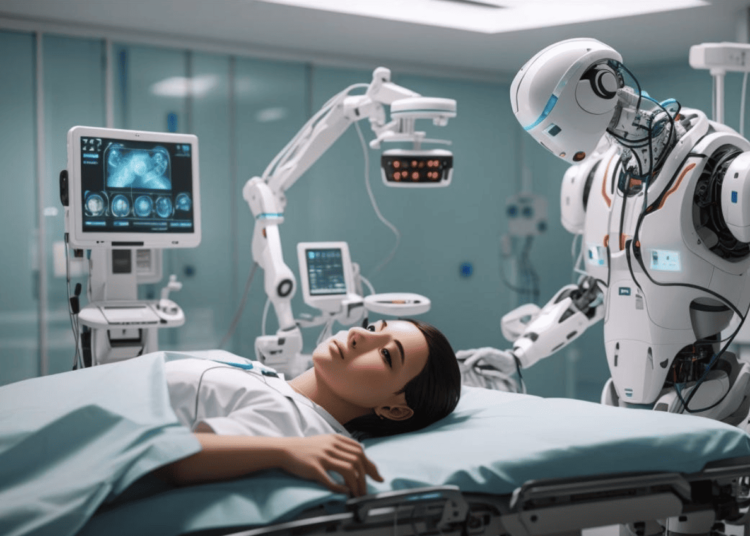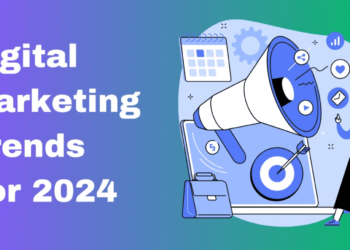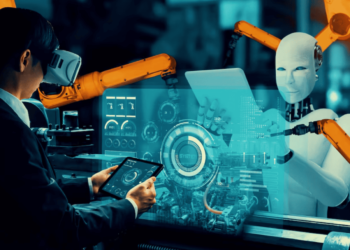Artificial Intelligence (AI) is revolutionizing healthcare in ways that were once considered science fiction. From diagnosis to treatment and administrative tasks, AI is playing a pivotal role in improving patient care, reducing costs, and enhancing overall healthcare outcomes. In this blog post, we will explore the various applications of AI in healthcare and how it is reshaping the industry.
Understanding AI in Healthcare
Before delving into its applications, let’s briefly understand what AI is in the context of healthcare. AI refers to the simulation of human intelligence in machines that are programmed to think and learn like humans. In healthcare, AI systems can analyze vast amounts of data, identify patterns, and make predictions or recommendations based on that data.
Applications of AI in Healthcare
**1. Disease Diagnosis and Prediction
AI-powered diagnostic tools are becoming increasingly accurate. Machine learning algorithms can analyze medical images, such as X-rays and MRIs, to detect abnormalities and predict diseases like cancer and diabetes.
**2. Personalized Treatment Plans
AI can help create personalized treatment plans based on a patient’s medical history, genetics, and current health status. This level of personalization can lead to more effective treatments and better outcomes.
**3. Drug Discovery and Development
AI accelerates drug discovery by analyzing vast datasets to identify potential drug candidates. This can significantly reduce the time and cost associated with bringing new drugs to market.
**4. Telemedicine and Remote Monitoring
Telemedicine platforms powered by AI enable remote consultations and monitoring of patients. Wearable devices can track vital signs and send real-time data to healthcare providers.
**5. Administrative Efficiency
AI can streamline administrative tasks such as appointment scheduling, medical billing, and claims processing, reducing administrative overhead and improving the patient experience.
**6. Healthcare Chatbots
AI-powered chatbots and virtual assistants can provide immediate responses to patient inquiries, schedule appointments, and offer medical advice.
**7. Epidemic and Outbreak Tracking
AI can analyze global health data to identify outbreaks and track the spread of diseases, providing early warnings to healthcare organizations.
**8. Robotic Surgery
AI-driven robots assist surgeons in performing complex procedures with precision. These robots can enhance surgical outcomes and reduce recovery times.
**9. Healthcare Data Security
AI can strengthen cybersecurity measures to protect sensitive patient data from breaches and cyberattacks.
Challenges and Ethical Considerations
While the potential benefits of AI in healthcare are significant, there are challenges and ethical considerations to address. These include data privacy, algorithm bias, and the need for regulatory frameworks to ensure the safe and responsible use of AI in healthcare.
Conclusion
AI is a transformative force in healthcare, offering new possibilities for disease diagnosis, treatment, and patient care. As technology continues to advance, the healthcare industry must adapt to harness the full potential of AI while addressing the ethical and regulatory considerations that come with it. With AI as a partner, healthcare is entering a new era of innovation and improved patient outcomes.











